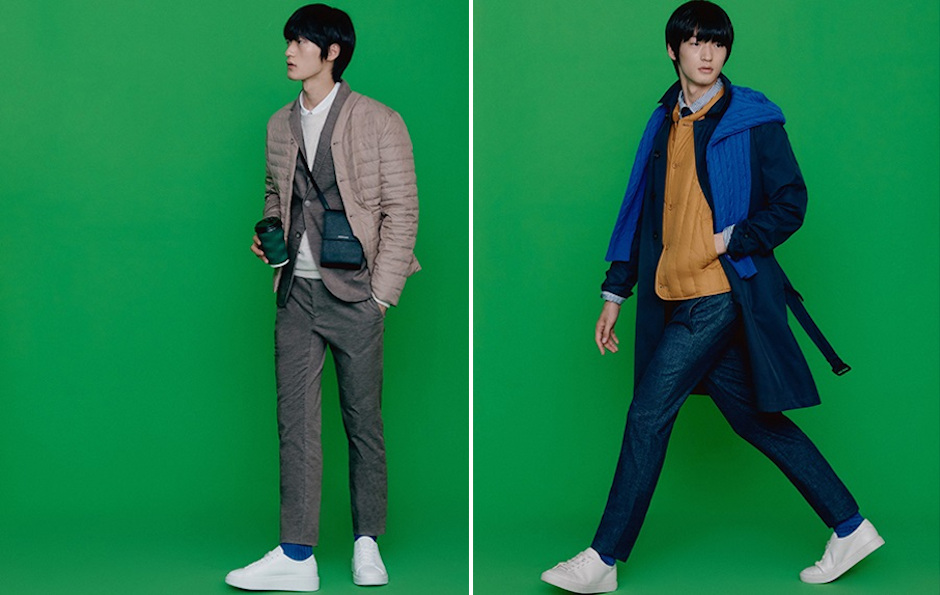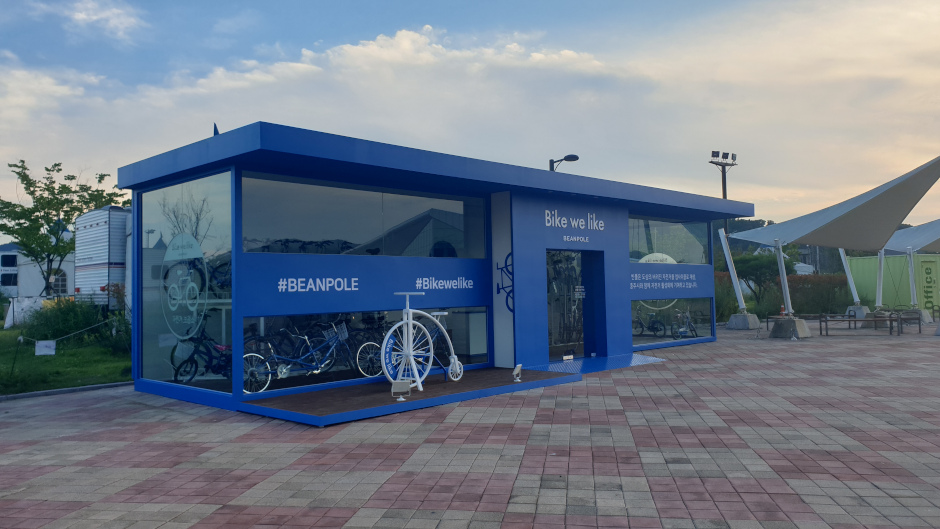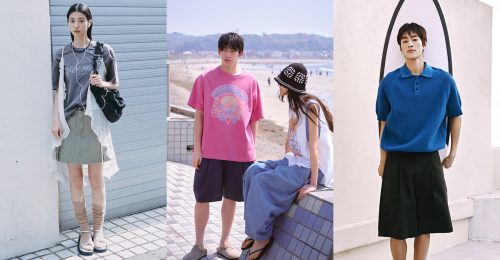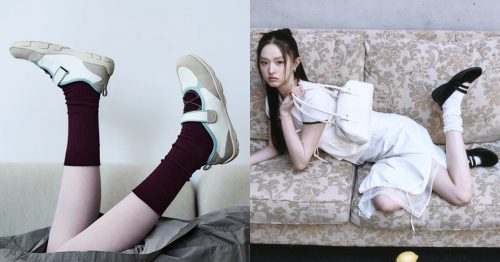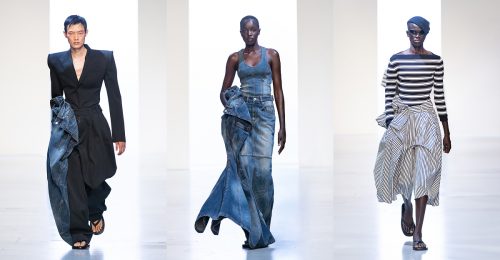In a March 2020 article on the BBC website, Christine Ro asked the million-dollar question: “Can fashion ever be sustainable?” As consumers become more interested in knowing about the impact on the environment of their shopping choices and choosing accordingly, it’s a timely thing to ask. The fashion industry is making moves to improve things, and we can see the early fruits of their labors.
There is a revolution underway in materials used in fashion. Accel Lifestyle has released Prema, a patented fabric for athletic and workout gear that it claims is sustainable because it is made from biodegradable cotton and therefore doesn’t release microplastics into the environment. English designer Zoe Corsellis makes fabrics using such fibers as wood pulp, sea waste and peace silk, which is silk made without killing the silkworms. Meanwhile, Hong Kong startup Dyelicious uses food waste to make biodegradable fabric dye to cut down on pollution.
People are also trying to get more use out of their garments. One interesting method is to resell it to someone else. The RealReal is a successful online and offline marketplace for luxury fashion sold on consignment. D.C.-based startup Upright Labs has developed an online platform to enable companies and stores to market and sell secondhand apparel. It’s all based on the concept of the circular economy, with products being sold and resold, with the aim of ultimately extending the life cycle of goods.
Pledging to become sustainable
Samsung C&T Fashion Group also announced in September 2020 that it will share and practice common principles related to environmental protection with 99 partner companies based on a philosophy of sustainable management.
Samsung C&T plans to establish a basic management system for its utilization of energy and resources, wastewater and waste, and chemical management. In particular, to achieve the common goal of promoting the sustainability of the fashion industry together with its partners, a joint pledge was made that all companies would make their utmost efforts based on transparent communication with each other.
Old materials recycled into new fabrics for B-Cycle
Leading the way in this shift towards sustainable, eco-friendly materials has been Beanpole, Korea’s top traditional casual clothing brand, with the launch of its “B-Cycle” product line.
There are three main criteria for “B-Cycle” products: the use of recycled materials and fillers, compliance with the Responsible Down Standard (RDS), and the reduction of the use of fabrics that cause environmental pollution.
Beanpole has launched a coat with goose down that conforms to the RDS as well as other down items made of biodegradable materials to reduce the use of fabrics made from substances that are hard on the environment, while using recycled nylon for the outer layers of jackets and coats. It has also released fleecy zip-up jackets made of recycled polyester and sneakers using recycled leather for this Fall/Winter season.
The brand is also striving to develop its own innovative new materials. Earlier this year, Beanpole developed a filler made from recycled plastic bottles to be used in quilting jackets and vests. What’s more, it has repurposed old fishing nets as trench coats and padded coats.
Cycling into a sustainable future
But it’s not only about the clothes. Caring for the environment also extends to corporate social responsibility activities. Starting in 2018, Beanpole runs an annual Bike We Like campaign in which abandoned bicycles are collected, upcycled and then donated. Last year the brand donated 36 bikes and bicycle sheds to the rural city of Chungju in North Chungcheong Province. This campaign draws inspiration from Beanpole’s trademark bicycle logo and its sustainability philosophy.
“In order to become a sustainable company, we need to improve our processes and set our culture in creative and persistent ways, based on close cooperation with our partners,” said Park Nam-young, head of Beanpole. “We plan to adhere strictly to three main eco-friendly criteria and do our best to set an example for the industry in order to be reborn as a top sustainable brand.”
Samsung C&T Fashion Group’s online shopping mall SSF Shop has also been transforming its business in an eco-friendly direction since early this year by using more environmentally friendly packaging with 100% recyclable paper buffers for fragile products while also employing boxes that have been certified by the Forest Stewardship Council, an international non-profit organization dedicated to responsible management of the world’s forests.


